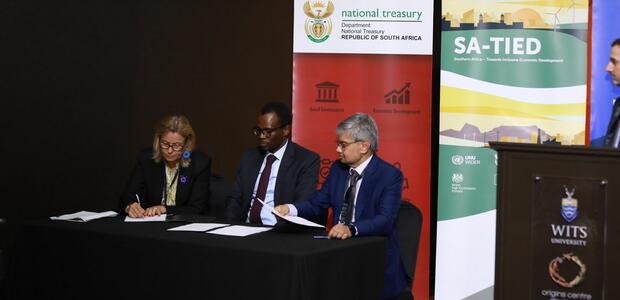Financing infrastructure development in the context of climate change
Join us for a policy debate in which leading experts and policymakers explore the future of South Africa's infrastructure in the context of climate change. This discussion will focus on the impact of climate change on long-term infrastructure planning, particularly in the energy and water sectors. It will explore the implications for public and private investors. Our panelists will investigate systemic enhancements in infrastructure planning, the role of technological innovation in climate resilience, mobilising resources through strategic partnerships, and developing a bankable pipeline of climate-resilient projects.The debate draws on SA-TIED research, which encompasses essential assessments of investment requirements for water security, approaches to achieving net-zero energy transitions, and considerations of financial dynamics affecting water, energy, and food systems.
This event is a hybrid gathering that offers both in-person and online attendance options. Participants who choose to join remotely will receive login details to access the virtual platform. For guests attending in person, a light lunch will be provided before the event, and refreshments will be available afterward.
Register here.
Watch live stream here
About climate-resilient infrastructure in the South African context
Recent natural disasters, such as floods in the Western Cape and KwaZulu-Natal, have revealed a social and humanitarian crisis in South Africa, emphasising the need for a nuanced response to finance infrastructure in the context of climate change. These events underscore the vulnerability of the country, prompting a renewed dedication to climate-resilient infrastructure and adaptive measures. Adapting to climate change requires transitioning to a more resilient economy, significantly influencing infrastructure considerations. Recognizing the challenges posed by climate-induced disasters, it's crucial to focus on reinforcing South Africa's infrastructure resilience. This conversation will delve into strategies for achieving this goal, highlighting the roles of innovation, collaboration, and sustainable finance in navigating the climate crisis.
The panel for this event will feature a diverse group of experts, including:
Angelika Goliger, Africa Chief Economist, Ernst and Young

Angelika is the Africa Chief Economist for EY and is an experienced leader in economic analysis and public policy. With a strong background in economic development strategies, Angelika has worked across various industries and has a deep understanding of economic risks and opportunities. Prior to joining EY six years ago, she spent nine years at the Economic Policy Division of the National Treasury, growing her expertise in economic development, network industry policy and infrastructure investment. Angelika is also the Africa representative for EY's Geostrategic Business Group, which focuses on geopolitical risk and trends and how clients can navigate these. She holds a Master's degree in Econometrics from the University of Pretoria. Angelika's skills include analyzing global, regional and local economic trends, policy and regulatory analysis, industrial and tax policy, economic diligence, and assessing geopolitical and economic risks.
Avril Halstead, Head of Financial Sector Policy Strategy, FirstRand

Avril Halstead is the head of Financial Sector Policy Strategy at FirstRand, a position she has held since January 2023. For 10 years, Ms. Halstead was a Chief Director at the National Treasury in South Africa where she has responsibility for overseeing approximately 40 of the largest state owned enterprises (SOEs). During 2018 and 2019 she was seconded to the Department of Public Enterprises, where she was responsible for overseeing the Transport and Defence SOEs. Since 2014, Ms. Halstead has worked with the IMF as a short term expert, advising countries in Africa and Eastern Europe on the oversight and fiscal risk management of their SOEs. Ms. Halstead was a Board member of the South African National Road Agency (SANRAL) from 2016 to 2020 and, up until 2015, she was a trustee of the National Empowerment Fund (NEF), a development finance institution with the mandate to promote and facilitate Broad Based Black Economic Empowerment. Ms. Halstead has an MSc in Economic Policy from the University of London, an MBA from the University of Cape Town and an MA in Organisational Consulting from the City University, London. She was nominated as a Young Global Leader and one of the Mail & Guardian’s Top 200 Young South Africans in 2011.
Boitumelo Mashilo, Head of Infrastructure Advisory Services, Government Technical Advisory Centre (GTAC)
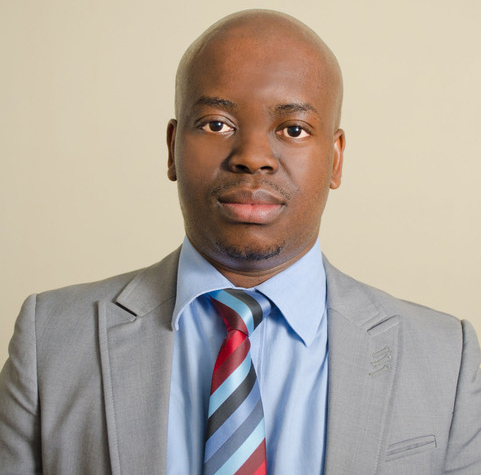
Boitumelo Mashilo is the Head of Infrastructure Advisory Services in the Government Technical Advisory Centre (GTAC). He is responsible for overseeing the review and assessment of large and complex public infrastructure investment proposals and feasibility studies; for generating infrastructure related research and best practice and promote their use in the public sector; and to advise on reforms and initiatives that aim to improve infrastructure outcomes. Boitumelo holds a Master’s degree in Economics from the University of Pretoria.
James Cullis, Technical Director and Sustainability Expertise Leader, Zutari
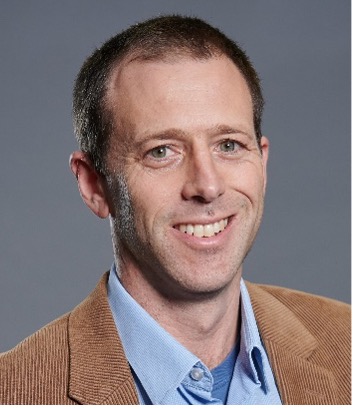
Dr James Cullis is a water resources engineer with nearly 20 years of experience working on water resource and climate change related studies across Africa. He is a Technical Director at Zutari in the Water Resource group based in Cape Town, South Africa, and the Expertise Leader for Sustainability at Zutari. For two years he served as the global service group leader for water for Aurecon before the demerger of Zutari from the global Aurecon group in 2019. James has a BSc in Civil Engineering from the University of Cape Town, an MA (oxon) in Politics Philosophy and Economics and an MSc in Environmental Change and Management both from Oxford University in the UK. He obtained is PhD in Civil and Environmental Engineering from the University of Colorado at Boulder in the USA in 2011.
Matshidiso Lencoasa, Budget Policy Analyst, Section 27
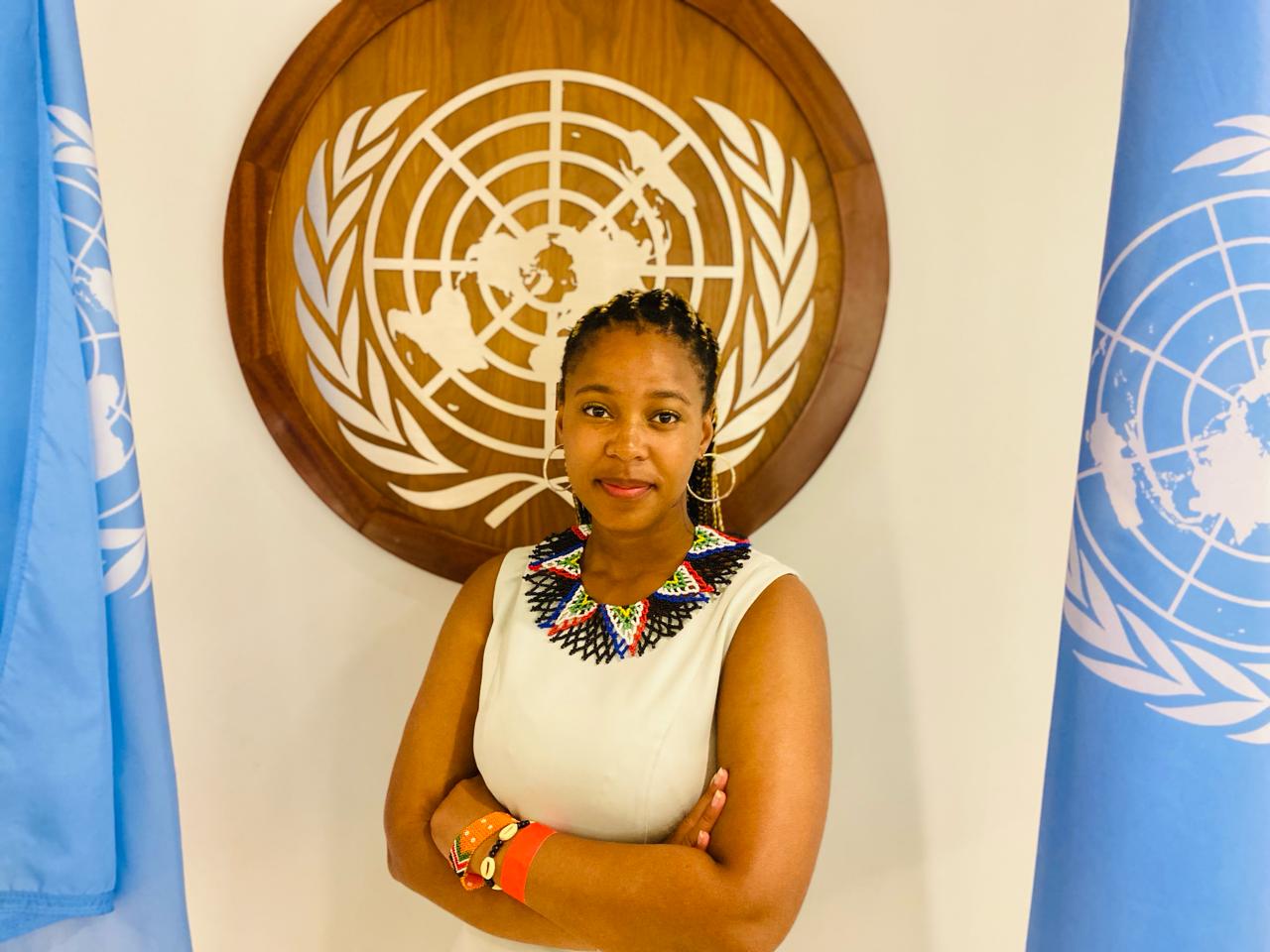
Matshidiso Lencoasa is a budget policy analyst and researcher at SECTION27, where she advocates for fiscal policy and interventions that advance the Constitutional rights to basic education and access to health care for all in a climate change context. Her particular focus areas are gender responsive budgeting and utilization of budget policy to advance socio-economic rights. She currently serves on the steering committees of the Budget Justice Coalition and Imali Yethu, and forms part of the Fiscal Openness Accelerator advisory group for the National Treasury. She graduated with a Master’s in international development (University of Sussex) and Bachelor of Commerce (University of Witwatersrand) and is a Mandela-Washington 2023 Fellow.
Moderator
Nishendra Moodley, Chief Executive Officer - Western Cape Economic Development Partnership (EDP)
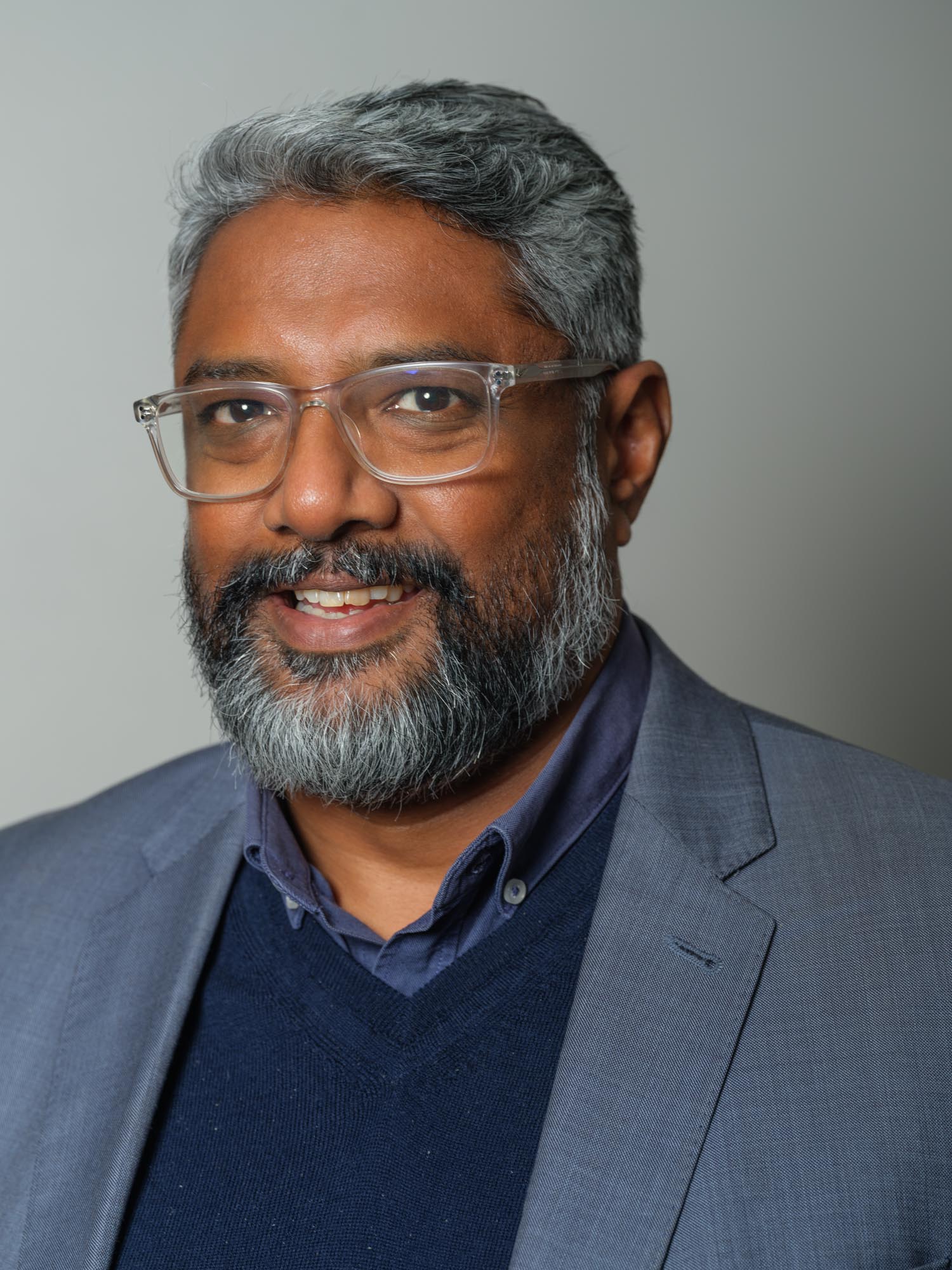
Nishendra is the CEO of the EDP, having commenced his role in March 2023. An urban governance specialist and transformational leader, Nishendra has 29 years of experience in the development sector in South Africa. He has held a range of roles across the private, non-profit and public sectors at national, provincial and local levels variously aimed at strengthening governance, policy development, transformation and accountability.Nishendra holds an MPA in Governance from the University of Western Cape and is co-author of ‘Building a Capable State – Service Delivery in Post-Apartheid South Africa’. He continues to play an active voluntary leadership role in civil society, with an emphasis on initiatives that seek to bring state and citizens together.
 Join the network
Join the network
